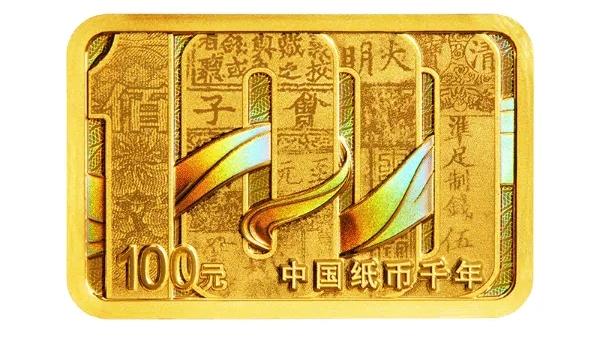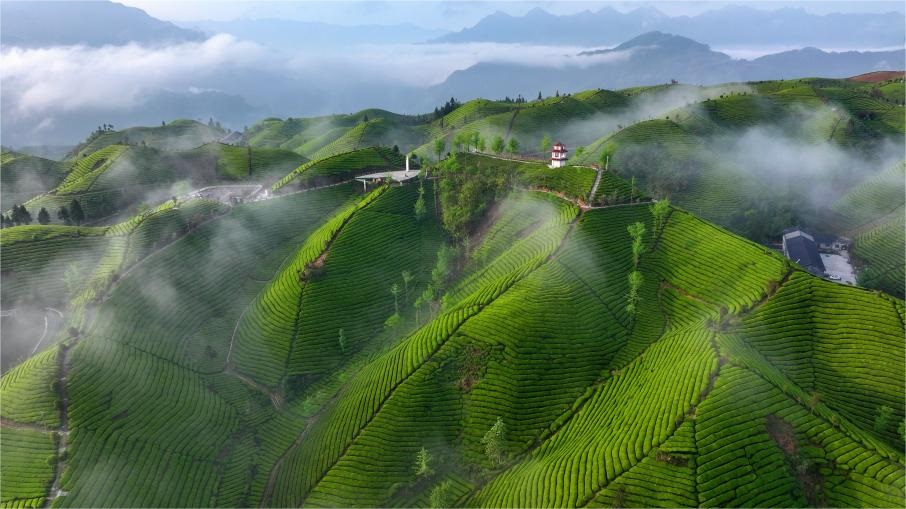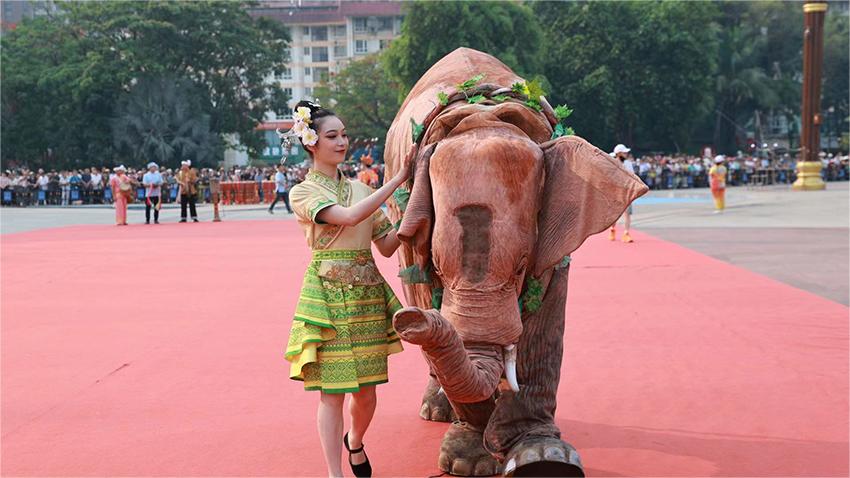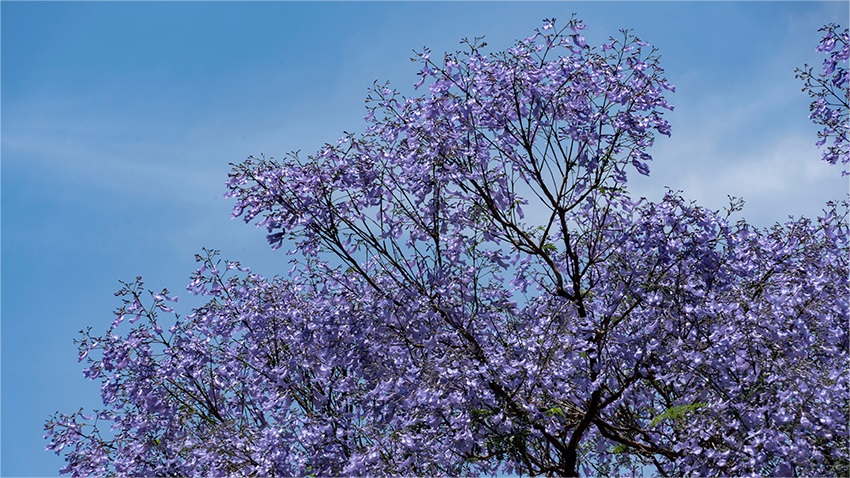China's Bronze Age art comes alive in exhibition in San Francisco
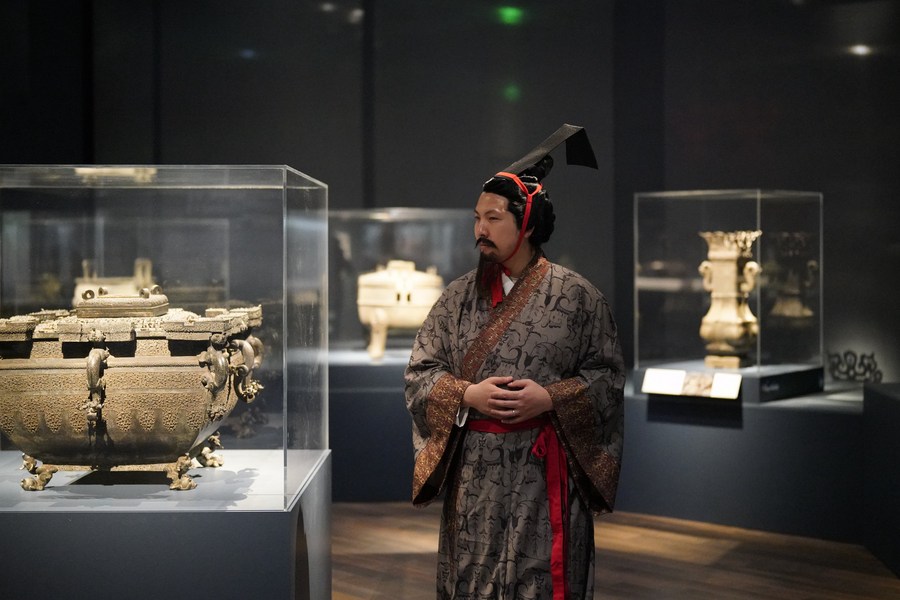
A visitor views an exhibit at a major exhibition of Chinese cultural relics from China's Bronze Age in San Francisco, California, the United States, April 19, 2024.(Xinhua/Wu Xiaoling)
The exhibition, titled "Phoenix Kingdoms: The Last Splendor of China's Bronze Age," showcases more than 260 works from ancient Chinese Chu and Zeng kingdoms in the multistate Zhou Dynasty.
SAN FRANCISCO, April 19 (Xinhua) -- A major exhibition of Chinese cultural relics from China's Bronze Age opened in San Francisco, U.S. state of California, on Friday.
The exhibition, titled "Phoenix Kingdoms: The Last Splendor of China's Bronze Age," showcases more than 260 works from ancient Chinese Chu and Zeng kingdoms in the multistate Zhou Dynasty.
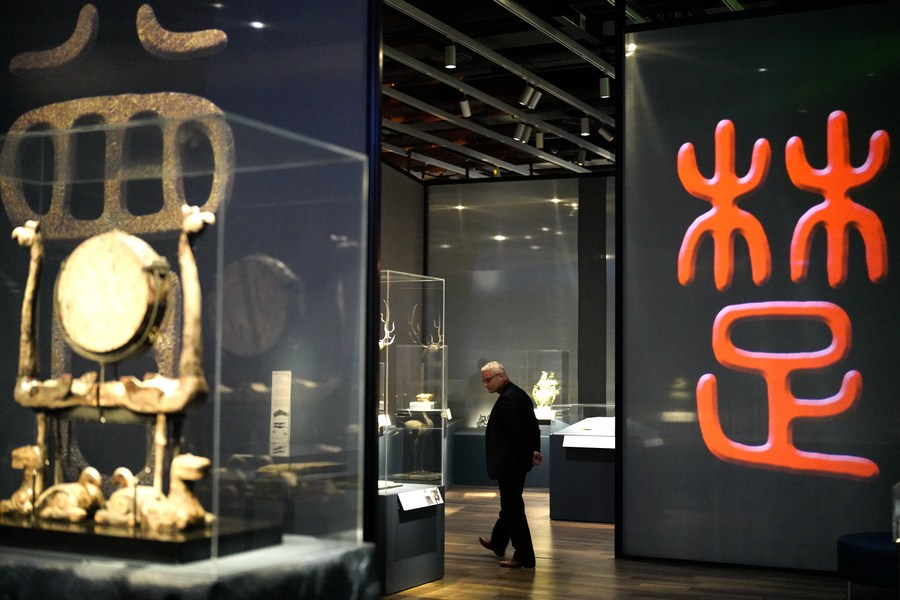
A visitor views exhibits at a major exhibition of Chinese cultural relics from China's Bronze Age in San Francisco, California, the United States, April 19, 2024. (Xinhua/Wu Xiaoling)
The exhibition, held in the Asian Art Museum in San Francisco, brings to life the distinguished Bronze Age cultures that flourished 3,000 years ago along the Yangzi River, a cradle of Chinese civilization.
This is the largest exhibition of cultural property China has ever organized in the United States in recent years. Many of the artifacts, including bronze ware, lacquer ware and jade ware, have never been exhibited outside China before.
At the heart of the exhibition is the mythical phoenix, worshipped by people of southern frontiers of the Zhou Dynasty.
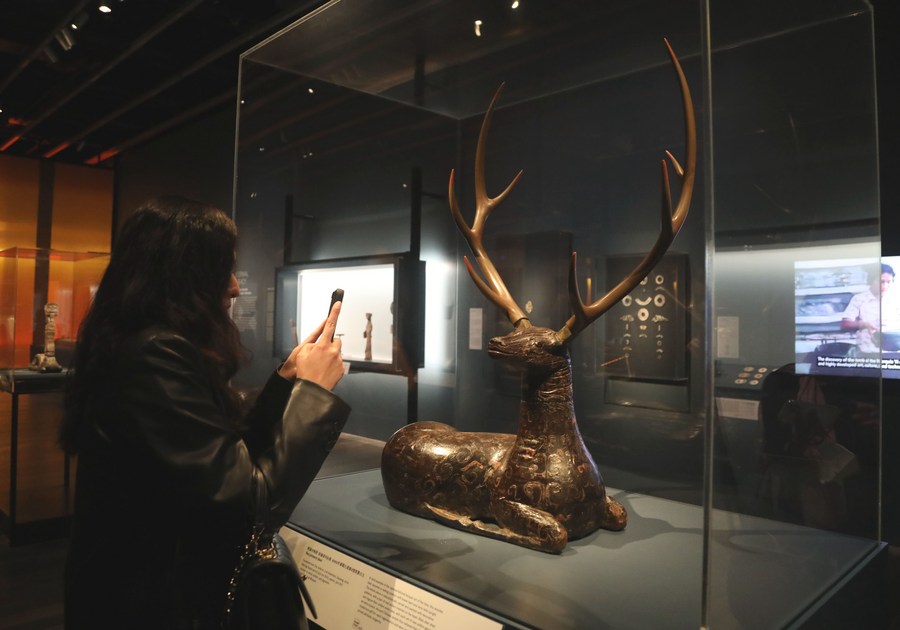
A visitor takes photos of an exhibit at a major exhibition of Chinese cultural relics from China's Bronze Age in San Francisco, California, the United States, April 19, 2024. (Photo by Liu Yilin/Xinhua)
Addressing the event, Chinese Vice Minister of Culture and Tourism Li Qun said the exhibition presents the magnificent and romantic charm of Chinese culture to the American audience in the language of culture and art.
"Supported by in-depth academic research and the latest archaeological findings, it showcases the continuity, unity, peace, inclusiveness, and innovativeness of Chinese civilization," said Li, also head of the Chinese National Cultural Heritage Administration.
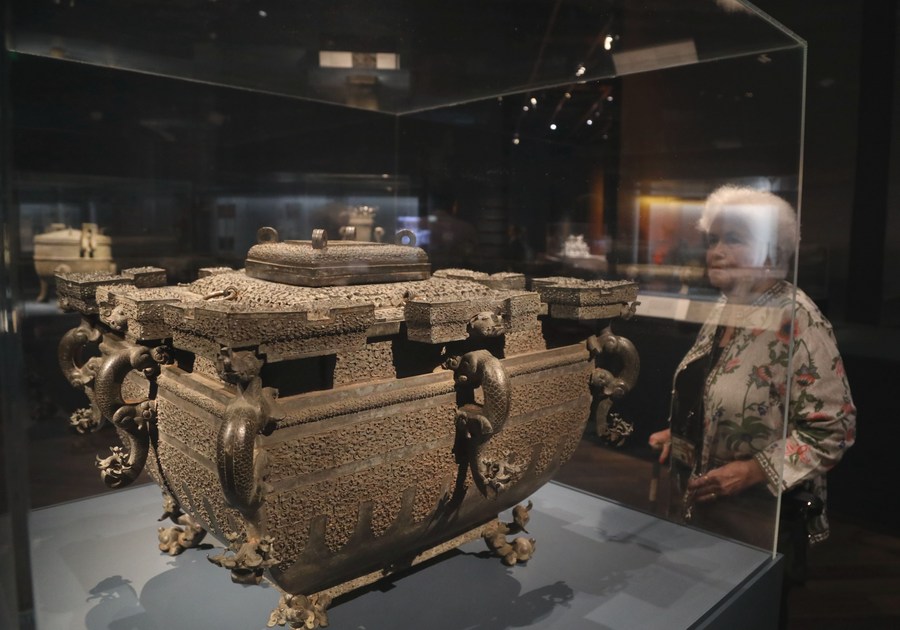
A visitor views an exhibit at a major exhibition of Chinese cultural relics from China's Bronze Age in San Francisco, California, the United States, April 19, 2024.(Photo by Liu Yilin/Xinhua)
He expressed the hope that cultural heritage institutions and museums from China and the United States will work closely together, adhering to a vision of civilization that promotes equality, mutual learning, dialogue, and inclusiveness, to jointly compose a new chapter of China-U.S. people-to-people exchanges.
"This is a landmark exhibition, years in the making, and the most significant from China in recent years," said Jay Xu, director and CEO of the Asian Art Museum in San Francisco.
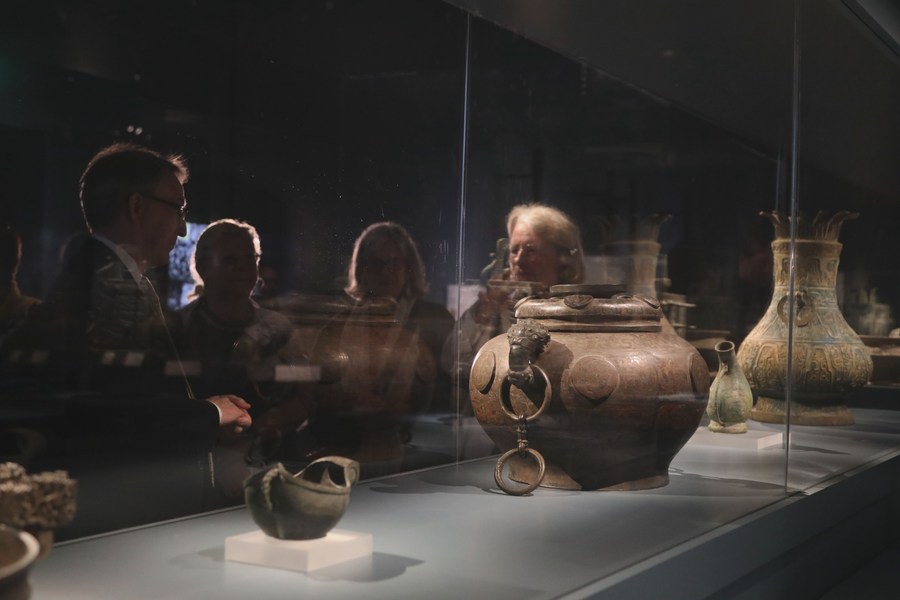
Visitors view exhibits at a major exhibition of Chinese cultural relics from China's Bronze Age in San Francisco, California, the United States, April 19, 2024.(Photo by Liu Yilin/Xinhua)
"It celebrates wonderful ancient art and culture from China's Hubei province," he added.
"The artworks on display are stunning, and our community is so lucky to be the first in the United States to experience the sophistication, the beauty, and the splendor of China's Bronze Age," San Francisco Mayor London Breed said in a congratulatory letter to the event.
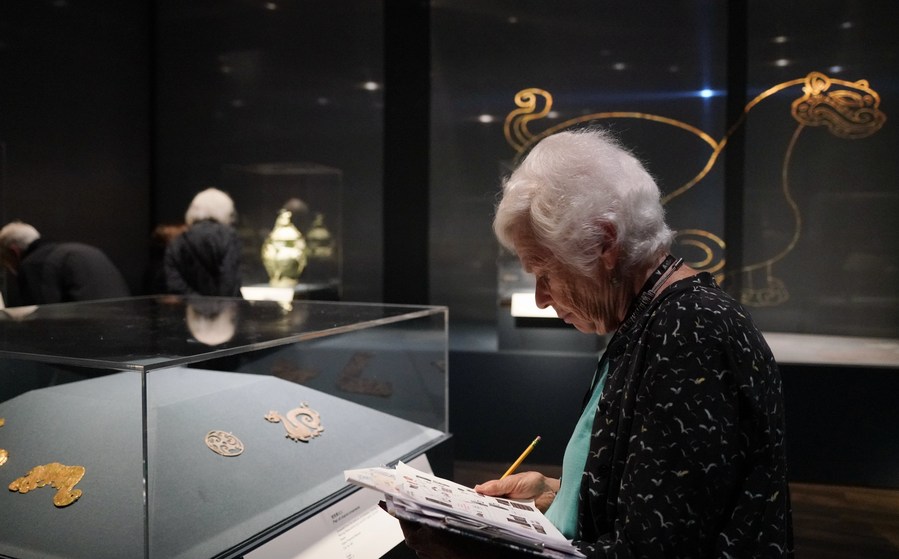
A visitor views exhibits at a major exhibition of Chinese cultural relics from China's Bronze Age in San Francisco, California, the United States, April 19, 2024.(Xinhua/Wu Xiaoling)
The exhibition, running from April 19 to July 22, is organized by the Asian Art Museum in San Francisco and the Hubei Provincial Museum.
Located in the heart of San Francisco, the museum is home to one of the world's finest collections of Asian art, with more than 20,000 artworks ranging from ancient jades and ceramics to contemporary video installations.
Photos
Related Stories
- Antiquities repatriation fosters deeper China-U.S. cultural exchanges
- Return of cultural relics signals enhanced exchanges
- Sino-US financial cooperation praised
- China opposes trade probe launched by US
- China opposes U.S. deployment of medium-range ballistic missiles in Asia-Pacific
- US youths' visit refreshes ties of several decades
Copyright © 2024 People's Daily Online. All Rights Reserved.






